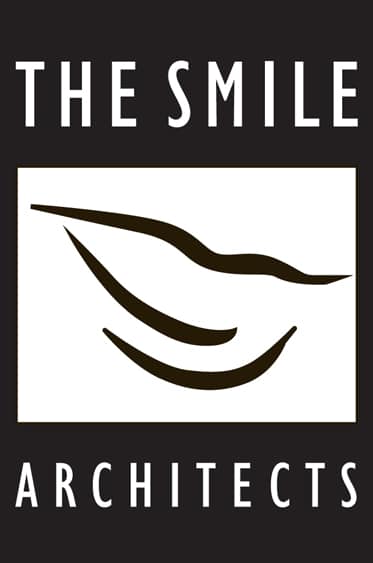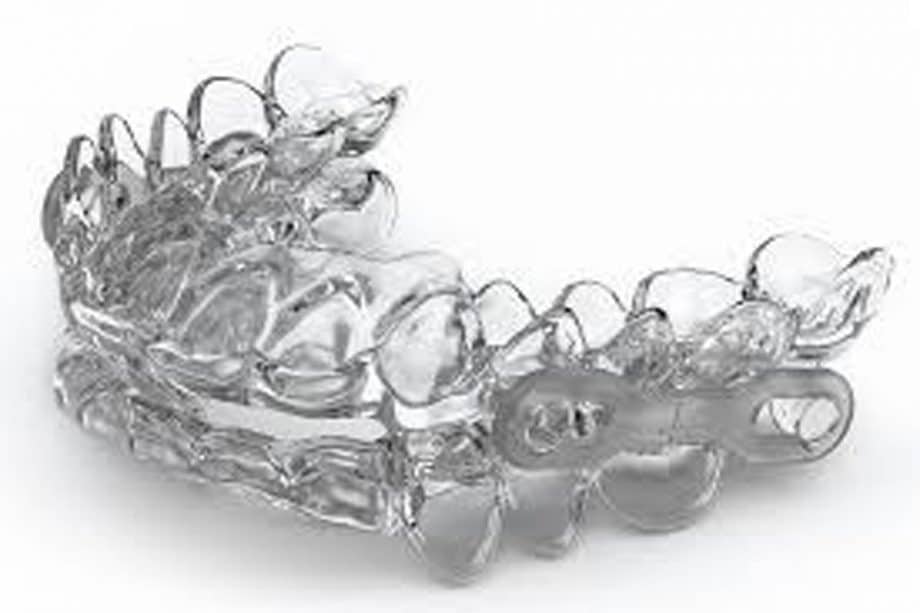
Sleep apnea can make it difficult to live your best life. You wake up every morning feeling tired, and it’s hard to shake that feeling the rest of the day too. You go to bed early, and yet the next morning, you’re still tired, no matter how much sleep you ended up getting. It’s not all in your head—you have sleep apnea and instead of getting a restful night of sleep, you’re waking up dozens of times when your breathing pauses.
Of course, the consequences of sleep apnea go beyond just feeling tired—you’re also at a higher risk of heart attack, stroke, obesity, high blood pressure, and mood disorders. This is why treatment is so important, but what is the best treatment for sleep apnea? How can you finally get relief and feel like your old self again?
How Your Dentist Can Treat Your Sleep Apnea
You might not think of your dentist as your first stop for sleep apnea treatment, but they should be. A simple readjustment of your lower jaw might be all that is needed to treat your sleep apnea.
Dentists aren’t just trained on how to care for teeth in dental school—they also learn about the anatomy of the jaw and how to correct issues with its alignment. We use something called oral appliance therapy to help alleviate sleep apnea symptoms. A custom-designed oral appliance (sometimes referred to as a nightguard or mouthguard) is made using impressions of your teeth or jaw. When you wear this appliance each night, it repositions your lower jaw to engage the soft tissues in your airway that block your breathing at night.
At The Smile Architects, we use the OPTISLEEP system, which encourages breathing through the nose. This oral appliance is less bulky than many other options and it also helps control loud snoring, making it a solution for patients who don’t have sleep apnea at all but instead struggle with snoring in their sleep. Instead of taking impressions, we scan the images needed to fabricate. We’ve seen great results with OPTISLEEP and are happy to offer this technology at our practice.
Oral Appliance Therapy vs. CPAP Therapy
If you’ve never heard of oral appliance therapy, you’re not alone! Many patients are under the impression that CPAP therapy is the only treatment for sleep apnea, aside from more invasive surgical options.
While CPAP therapy is effective, it also comes with some significant downsides. Patients may feel uncomfortable sleeping with a CPAP, they can experience dry mouth and nose bleeds, and when you travel, bringing your CPAP machine along with you can be a hassle. CPAP machines can even cause some patients to feel anxious and claustrophobic.
These downsides mean many patients stop using their CPAP machines or don’t use them consistently. Oral appliance therapy makes it easier to comply with your treatment, which means you’ll finally get the restorative sleep you need to take on the day.
Learn More About Sleep Apnea Treatment
If you’d like to discuss oral appliance therapy and whether it’s right for you, contact us today at 704-875-1621 to schedule a consultation.

